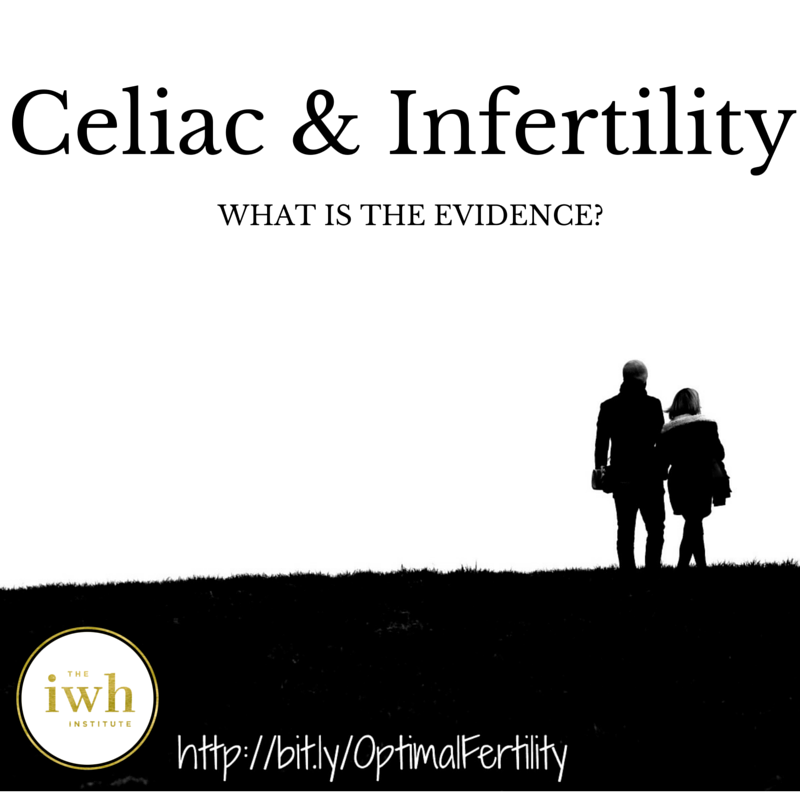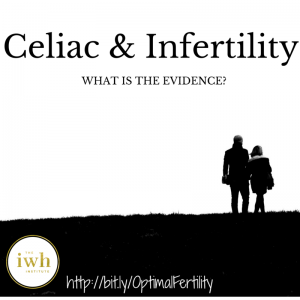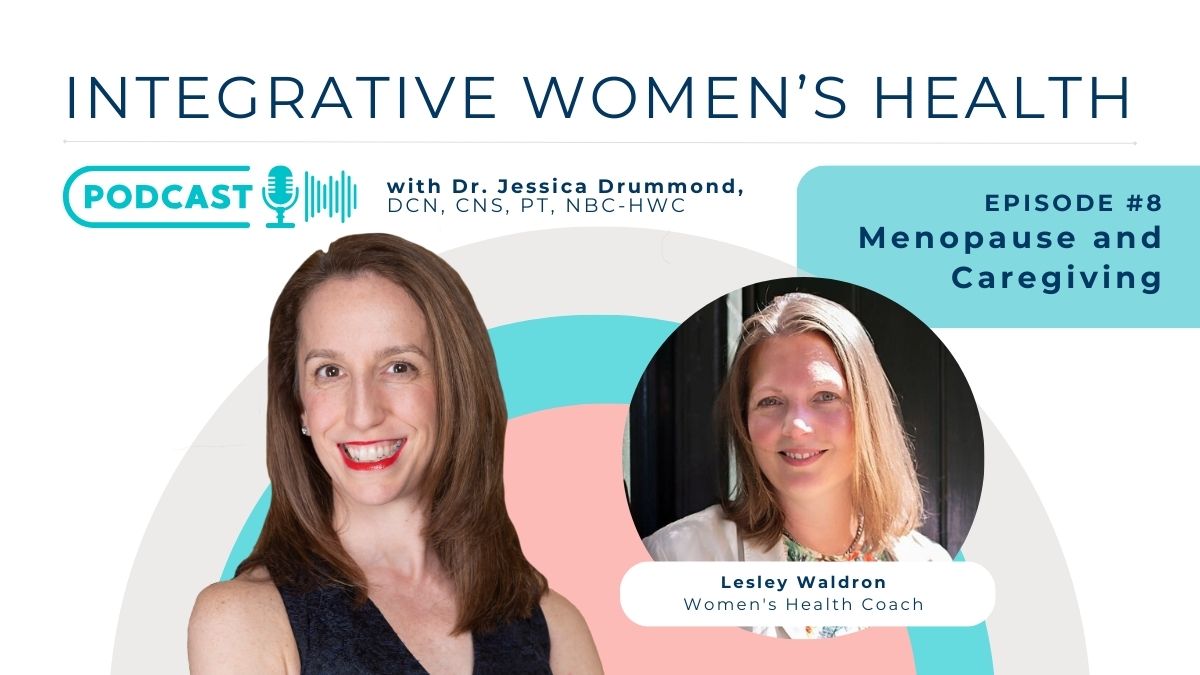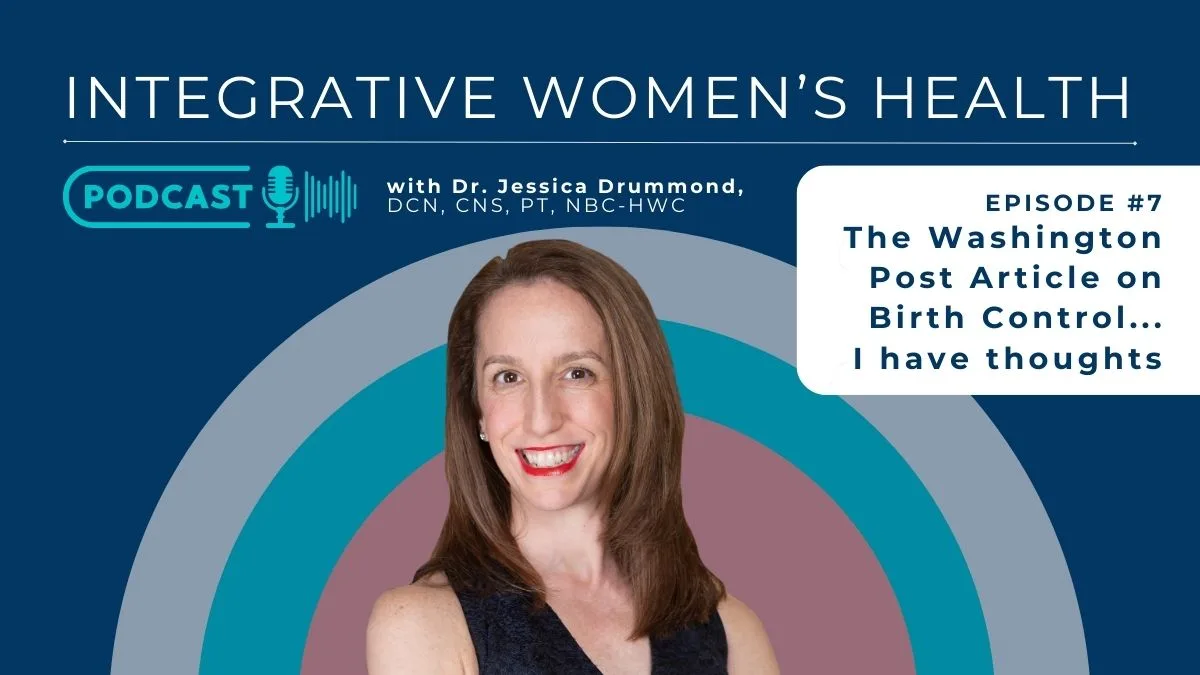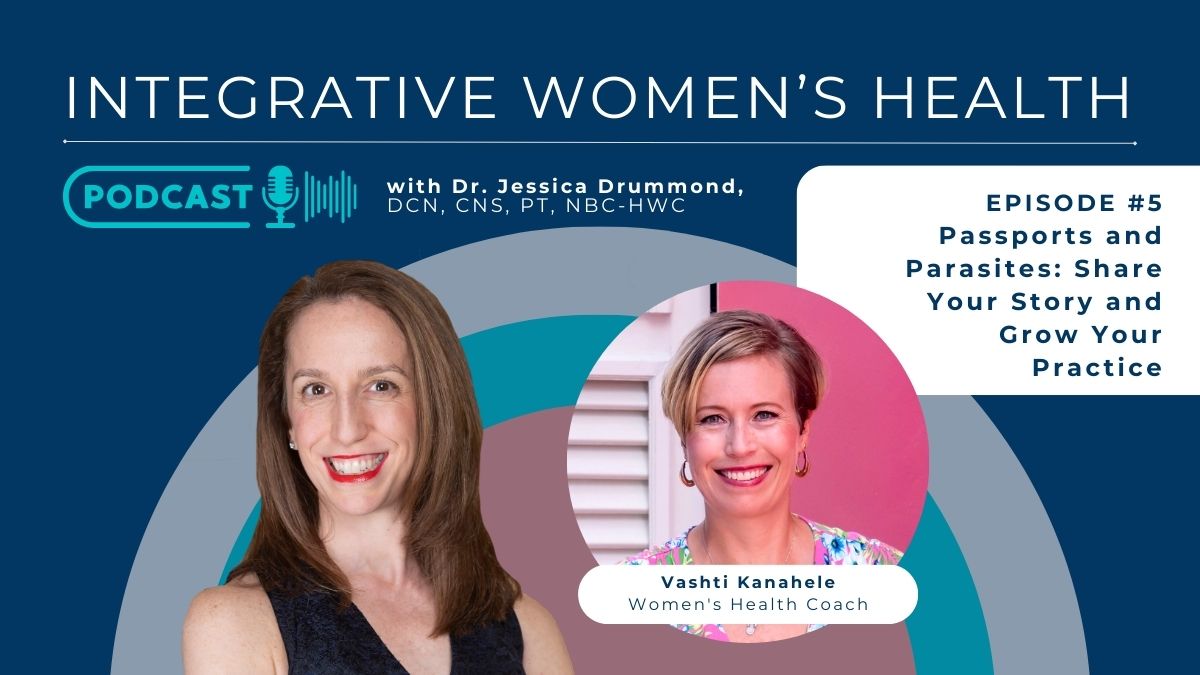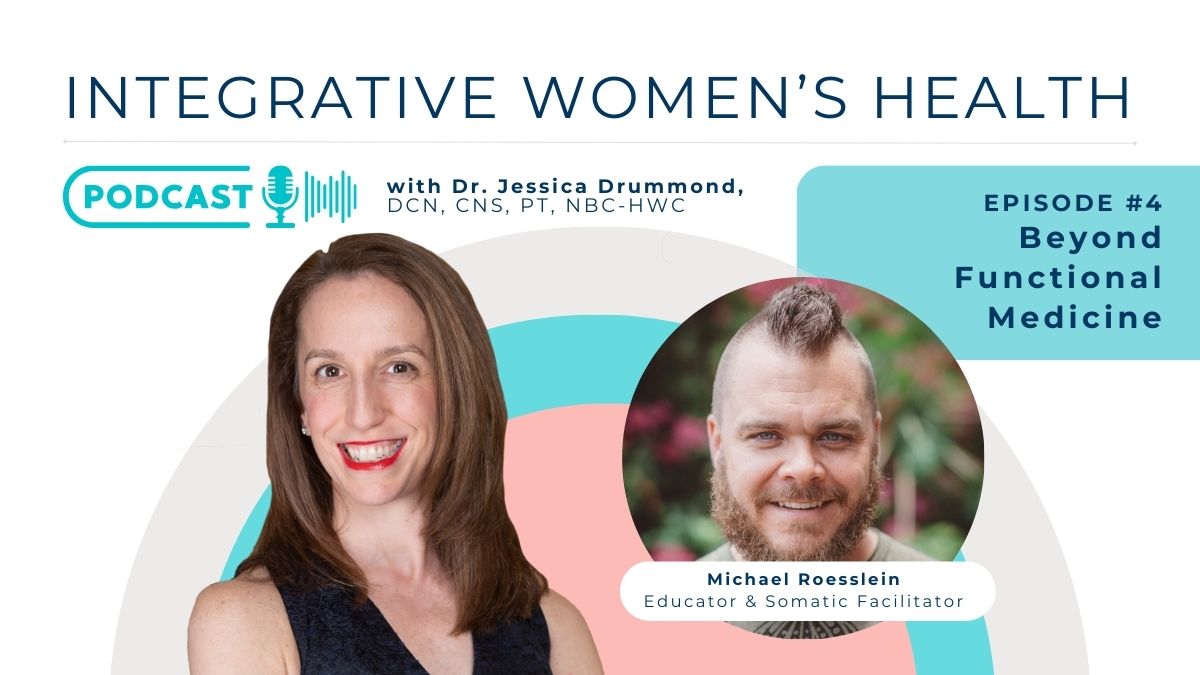What is the impact of gluten sensitivity and celiac disease on unexplained infertility?
A recent study prospectively examined the role of undiagnosed celiac disease in couples with unexplained infertility (Karaca et al., 2015). Several important pieces of information came out of this report. First of all, it’s essential to test both partners for celiac disease as celiac can influence female reproductive function and male reproductive function including sperm motility and androgen levels. The male partners in this study had higher rates of anti-gliadin antibodies. To my surprise, just 5 of the couples out of 68 couples (7.69%) tested positive for anti-gliadin antibodies, and only one person in the whole study had finding that were consistent with the full Marsh IIIa criteria for gluten enteropathy. This was a rate that was significantly lower than I would have guessed.
This brings up the question, do higher numbers of those trying to conceive have non-celiac gluten sensitivity, and is this affecting this ability to conceive?
There is one published case study that aims to begin to answer this question by looking deeply at the case of one patient in her late 30’s who presented to her doctor seeking assisted reproductive technology (Bold & Rostami, 2015). She has a history of IBS and/or possible lactose sensitivity with family history of celiac disease and type 1 diabetes. After 3 failed cycles with various ART methods, the patient and her partner decided to try a gluten free diet.
Her IBS symptoms did not change upon starting the gluten free diet, but her partner who also has IBS with alternating constipation and diarrhea experienced immediate relief of his IBS symptoms. (We need to investigate both partners in all infertility cases. I am constantly surprised at how often male infertility is not investigated!)
Then, the patient was given Humira to treat elevated levels of levels of TNF-a, but sustained an allergic reaction that required emergency medical treatment and two weeks of steroid treatment. During that time it was discovered that she became pregnant naturally. Unfortunately, that pregnancy failed at 10 weeks.
Eventually the patient had a successful, though complicated, pregnancy,
“After ten weeks the patient and her partner both continued on the gluten free diet. The couple continued with two other ART treatments unsuccessfully, then planned one more cycle with a new clinic. It was recommended the patient take 10mg prednisolone and low dose aspirin a month prior to the next treatment along with prophylactic antibiotic for both her and her partner. Semen analysis showed her partner’s sperm morphology issues had improved, with morphology at 15% normal forms, so the clinic recommended IVF rather than ICSI. The clinic administered IV steroids at egg collection, owing to drug allergies. The patient also had intravenous intralipids a few days before embryo transfer. After transfer the patient was to take 10mg progesterone, oestrogen, low molecular weight heparin (Clexane), aspirin and antibiotics. The pregnancy continued to viability but was complicated throughout; the patient went into preterm labour at 30 weeks pregnant after Preterm Premature Rupture of Membranes (PPROM) and delivered by emergency section owing to infection.”
In this case, the improvement of the male partner’s fertility after starting the gluten free diet is an important highlight. Additionally, there is an important consideration in this female partner in that elevated inflammatory markers, which could be related to her IBS, possible lactose sensitivity, and/or non-celiac gluten sensitivity may be contributing to her infertility and difficulty maintaining a healthy pregnancy. Reproductive disorders and unexplained infertility, share inflammatory pathways and factors (Vannuccini et al, 2015). Inflammatory factors acting on the endometrium, myometrium, cervix and placenta can make implantation difficult, can negatively influence the intrauterine environment and can trigger preterm labor and other labor and delivery challenges.
Clinicially, I see that addressing inflammatory and autoimmune factors are an essential piece of the puzzle for some women and couples. While there may not be a very direct connection for many couples between celiac disease and infertility (because clear celiac disease meeting the full Marsh IIIa diagnostic criteria is actually quite rare), the relationship between chronic inflammation and autoimmune factors and fertility is important.
To learn more about using nutrition, environmental health strategies, movement, and coaching to support clients to optimize their fertility and prepare for a healthy pregnancy, we offer a unique training program for women’s health and wellness professionals (health coaches, physical therapists, nutritionists, fitness professionals, and more!)
Click here to learn more about
The Optimal Fertility: Preconception Detoxification and Preparation Program.
Warmly,
References:
Bold, J., & Rostami, K. (2015). Non-coeliac gluten sensitivity and reproductive disorders . Gastroenterology and Hepatology From Bed to Bench, 8(4), 294–297.
Karaca N, Yılmaz R, Aktun LH, Batmaz G, & Karaca Ç. (2015) Is there any relationship between unrecognized celiac disease and unexplained infertile couples? Turk J Gastroenterol. Oct 26. doi: 10.5152/tjg.2015.0123. [Epub ahead of print]
Vannuccini S, Clifton VL, Fraser IS, Taylor HS, Critchley H, Giudice LC, Petraglia F. (2015) Infertility and reproductive disorders: impact of hormonal and inflammatory mechanisms on pregnancy outcome. Hum Reprod Update. Sep 22. pii: dmv044. [Epub ahead of print]

